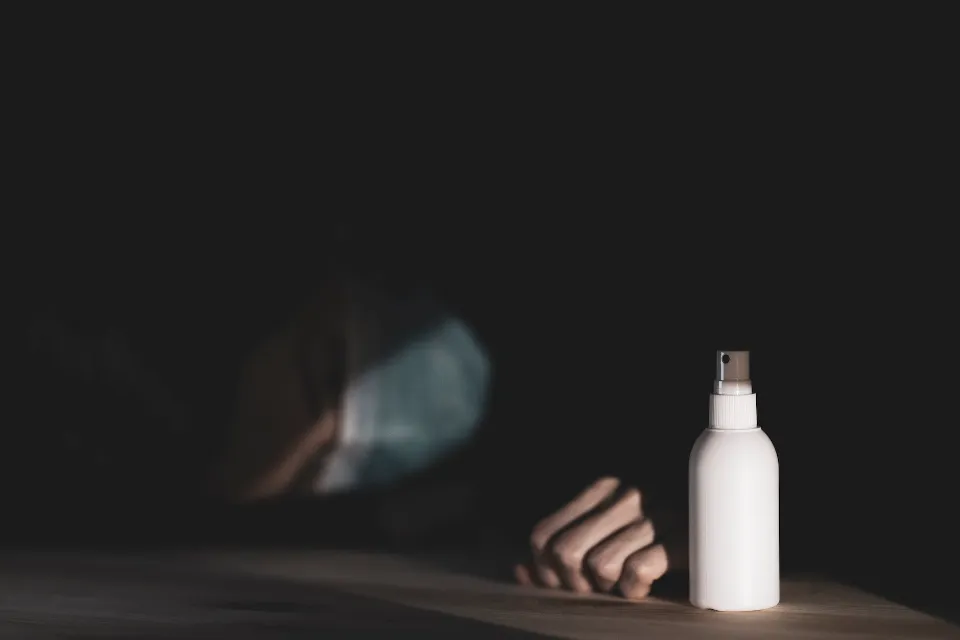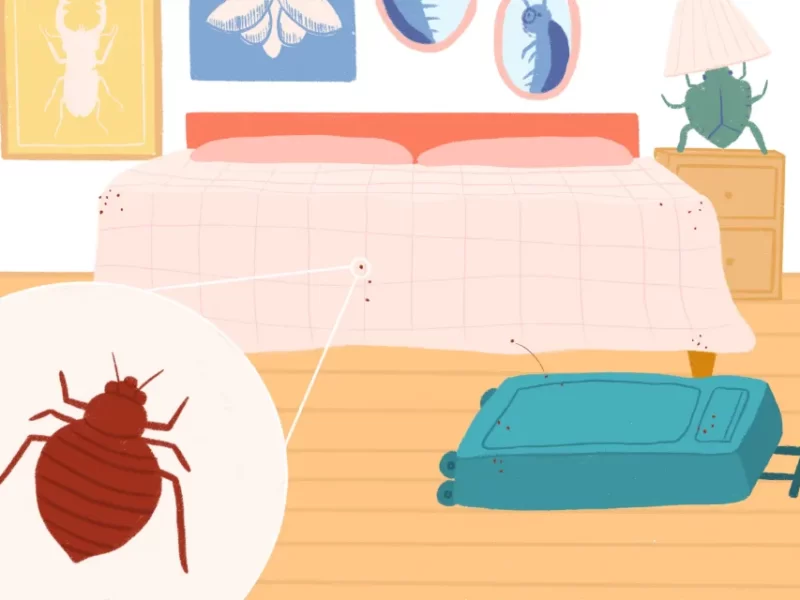Getting on a crowded train, giving blood, or speaking in front of an audience are all things that we occasionally have to do despite feeling queasy. It can be incredibly empowering to learn how to stop fainting and avoid having a full-blown fainting attack. The good news is that everyone can avoid fainting by taking a few easy steps.
For more information on the signs, what to do if you think you’re about to faint, and how to avoid it, continue reading.
Why Do You Feel Faint?
Lightheadedness is when you feel like fainting or about to pass out. Feeling woozy is how some describe it. The two conditions are connected. When you feel off balance or have trouble maintaining your balance, you are dizzy. It can be upsetting and concerning to feel dizzy or faint. It’s not always indicative of a serious medical condition.
Fainting typically occurs when your brain’s blood flow suddenly decreases. This can happen for many reasons, some of which are preventable. When you feel like you’re about to faint or experience fainting symptoms, they typically strike suddenly. Symptoms may include:
- Cold or clammy skin
- Dizziness
- Sweating
- Lightheadedness
- Nausea
- Vision changes, like blurry vision or seeing spots

How to Stop Yourself from Fainting?
Sit Down Slowly
Try to sit down if you start to feel dizzy, whether it’s in the shower, the bus, or the train. If you have the space, lie down and elevate your feet
Maintain Normal Blood Pressure
You can check your blood pressure at home with a blood pressure monitoring kit or by going to the doctor. Your risk of fainting increases if your blood pressure is low. Fortunately, raising your blood pressure only requires a few easy steps.
First and foremost, you need to drink more water; aim for 2.5 to 3 liters daily. Second, you should consume more salt. This goes against a lot of health advice you’ll see online! However, most people don’t know that salt and water increases the volume of the plasma in your blood, so ensuring you have plenty of fluids and salt is the most effective thing you can do to tackle fainting.
Wear Compression Stockings
Most people should be able to avoid the vast majority of fainting episodes using the first three strategies. However, some of us experience repeated fainting episodes and have to go into situations regularly where fainting is much more likely – such as commuting daily on the London Underground. Considering wearing compression stockings may be a good idea if you frequently faint despite implementing the aforementioned strategies.
Compression stockings can squeeze your leg veins from the outside and prevent blood from pooling in your legs and feet, just as your muscles can do from the inside. The stockings need to come up at least to your thighs to work, and they need to be grade 2 or grade 3
Do Isometric Counter-pressure Exercises
If you can’t lie down, you can still manually pump the blood back into your heart from your legs with the incredible power of your leg muscles. Your thighs and glutes, along with your calves, are the largest muscles in your body. By contracting these muscles together, you can force blood back up your body and raise your blood pressure. These are known as isometric counter-pressure exercises
Finally, if all of the above strategies don’t work…
Take Medication
The most commonly prescribed drugs for fainting are midodrine and fludrocortisone. Midodrine acts by squeezing the peripheral blood vessels – those in your legs and feet – as well as the blood vessels in your gut, forcing the blood back into your core and your heart. Meanwhile, fludrocortisone helps your kidneys to absorb salt.

Other Tips
- Make a fist and tens your arms. Your blood pressure might increase as a result.
- Raise your blood pressure by crossing your legs or squeezing them closely together.
- Eat something if you suspect that being hungry is what’s making you feel dizzy.
- If you think the feeling may be caused by dehydration, slowly sip water.
- Breathe deeply and slowly.
Have them follow these instructions if you see someone who appears to be about to faint. Bring them food or water and ask them to sit or lie down if you can. In case they do pass out, you can also move things away from them.
How to Prevent Fainting?
- Eat frequently and refrain from skipping meals. Consume a nutritious snack if you are feeling peckish in between meals.
- Make sure you get enough water each day.
- Avoid locking your knees and make sure to move your legs if you must stand still for an extended period of time. If you can, pace or shake your legs.
- Avoid exerting yourself in hot weather as much as you can if you are prone to fainting.
- Find a coping mechanism that works for you if you are prone to anxiety. Try talk therapy, regular exercise, meditation, or one of the many other options available to you.
- Take deep breaths and slowly count to 10 to try to calm yourself if you suddenly become anxious and feel like you might pass out.
Conclusion
If you don’t have an underlying medical condition, occasional fainting is usually nothing to worry about. You should still see a doctor, though, if you have recently experienced multiple fainting episodes, are pregnant, have heart issues, or experience any other strange symptoms.
FAQs
What is the Difference Between Fainting and Dizziness?
Dizziness is when you feel unbalanced and as if the room is spinning. Lightheadedness is the sensation that you might pass out. You might experience heavy sensations in your body, dizziness, and/or nausea, as well as possible sweating.
How Do I Know If My Dizziness is Heart Related?
In most cases, dizziness associated with heart problems is accompanied by other symptoms. These may include shortness of breath, swollen extremities, frequent fatigue or chest pain. You will go through one or more tests to identify the source of your issue if heart disease is suspected.



